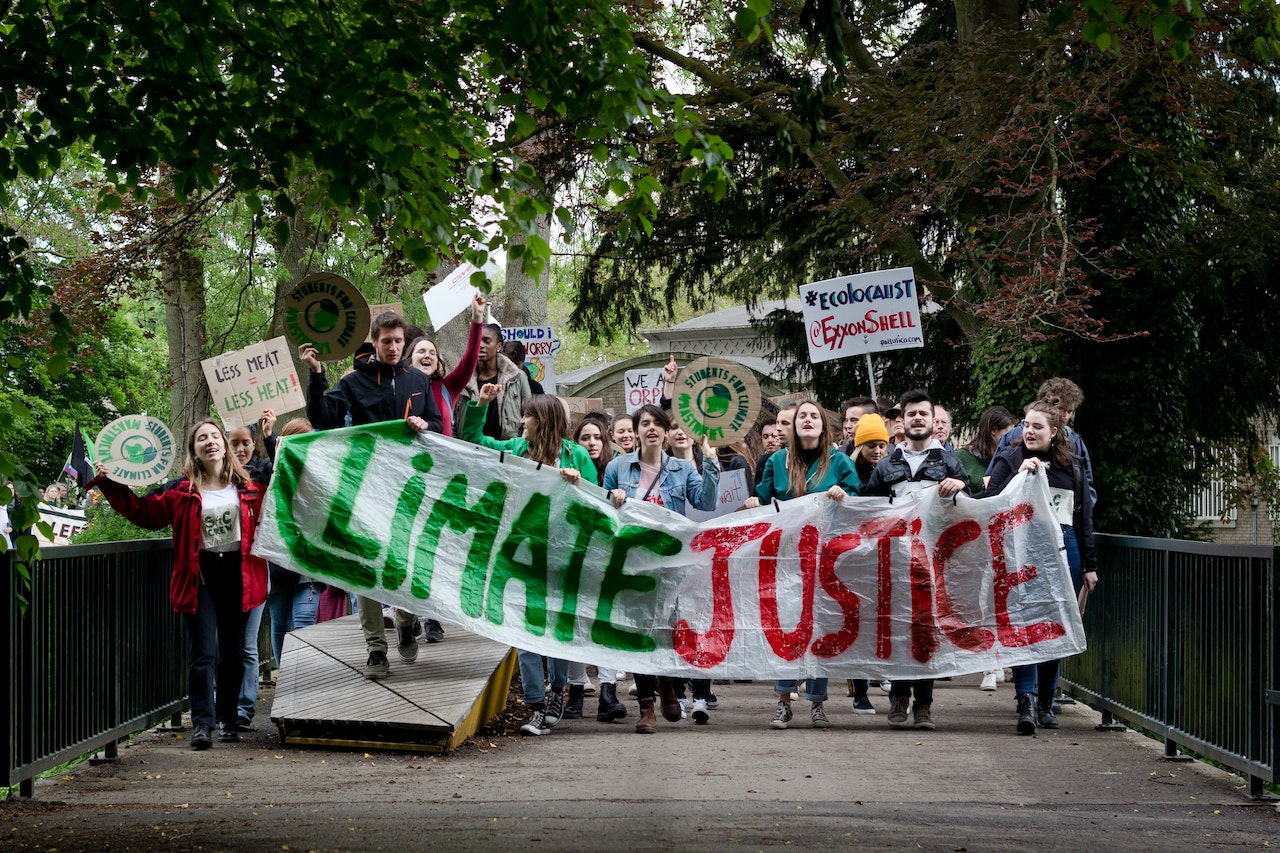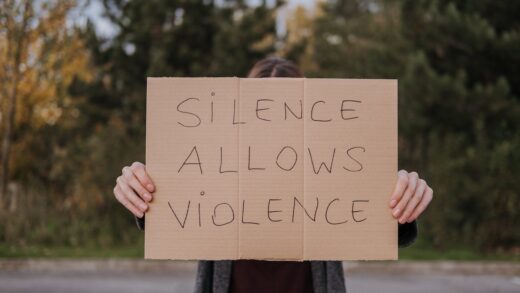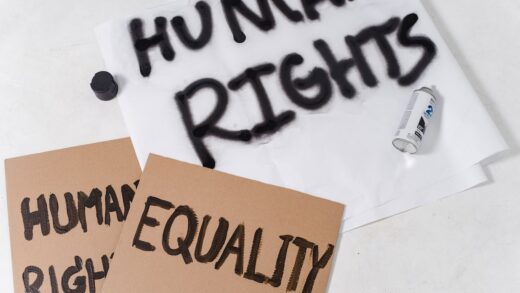Freedom of Assembly

The right to assemble peacefully is a fundamental prerequisite for any open and self-governing society. While most countries’ constitutions promise freedom of assembly, far fewer governments uphold this basic right without undue restrictions.
Governments often violate the right to freedom of assembly as a method of suppressing dissent and critical voices. The right to peaceful protest is indeed a core component to the right to assemble peacefully. However, in many circumstances, peaceful protestors are subject to arrest, violence, threats or intimidation.
In some cases, legal provisions criminalise organisers and those participating in peaceful assemblies, and in other cases, interpretations of the law may be manipulated to legitimise the arrest of peaceful protestors. Intimidation techniques such as these often engender a culture of self-censorship.
Violations of the right to freedom of assembly therefore have serious implications for society, as they deny an open and pluralistic dialogue and repress one of civil society’s core measures for challenging authorities.
Also, more and more States are trying to block social media and communication tools, to hinder the organisation of protests. No such restrictions should be permitted.
States must refrain from using pretences to abusively restrict the right to protest, such as through misusing anti-terrorism or national security measures. Rather, they should facilitate access to the public space and ensure the smooth holding of protests, without undue use of violence by law enforcement officials.
Countries’ legal frameworks must contain effective, clear, and reasonable provisions on the right to protest; limitations should be a last resort. The right to protest lies in the recognition and protection of rights that include freedoms of expression and opinion, association, and peaceful assembly.









